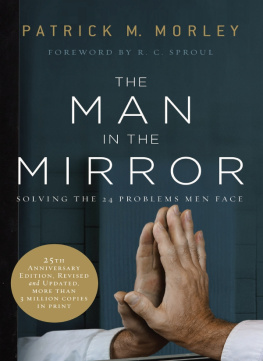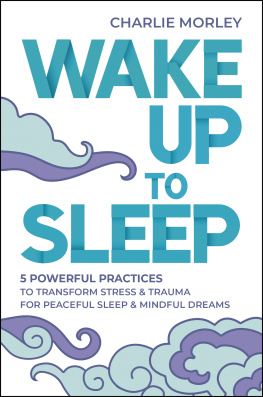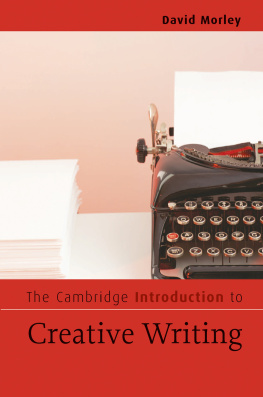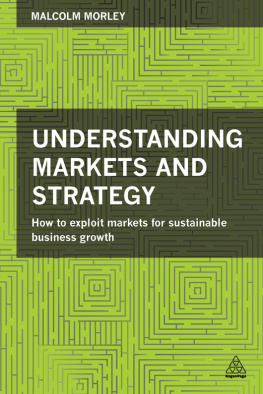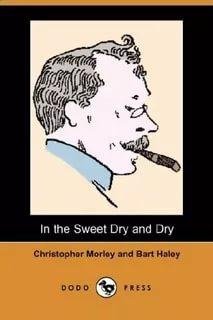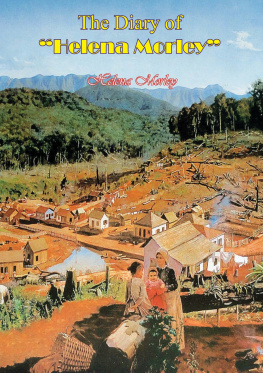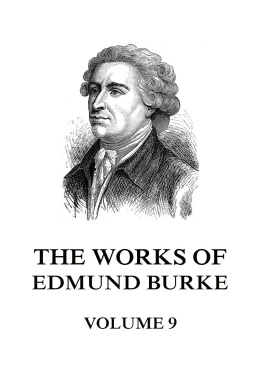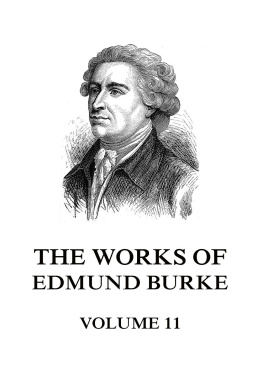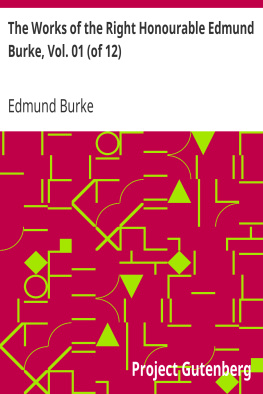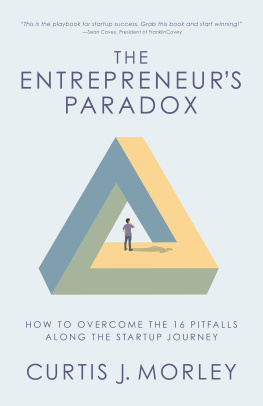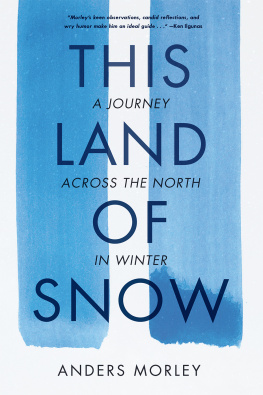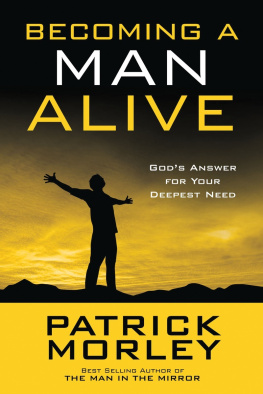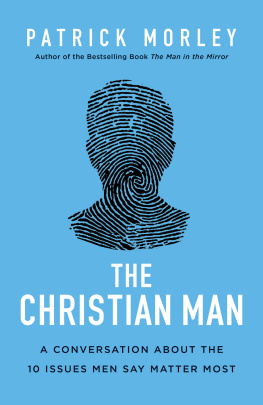Morley - Burke
Here you can read online Morley - Burke full text of the book (entire story) in english for free. Download pdf and epub, get meaning, cover and reviews about this ebook. genre: Science. Description of the work, (preface) as well as reviews are available. Best literature library LitArk.com created for fans of good reading and offers a wide selection of genres:
Romance novel
Science fiction
Adventure
Detective
Science
History
Home and family
Prose
Art
Politics
Computer
Non-fiction
Religion
Business
Children
Humor
Choose a favorite category and find really read worthwhile books. Enjoy immersion in the world of imagination, feel the emotions of the characters or learn something new for yourself, make an fascinating discovery.
Burke: summary, description and annotation
We offer to read an annotation, description, summary or preface (depends on what the author of the book "Burke" wrote himself). If you haven't found the necessary information about the book — write in the comments, we will try to find it.
Burke — read online for free the complete book (whole text) full work
Below is the text of the book, divided by pages. System saving the place of the last page read, allows you to conveniently read the book "Burke" online for free, without having to search again every time where you left off. Put a bookmark, and you can go to the page where you finished reading at any time.
Font size:
Interval:
Bookmark:
The Project Gutenberg EBook of Burke, by John Morley
This eBook is for the use of anyone anywhere at no cost and withalmost no restrictions whatsoever. You may copy it, give it away orre-use it under the terms of the Project Gutenberg License includedwith this eBook or online at www.gutenberg.net
Title: Burke
Author: John Morley
Release Date: July 17, 2004 [EBook #12922]
Language: English
*** START OF THIS PROJECT GUTENBERG EBOOK BURKE ***
Produced by Paul Murray, Josephine Paolucci and the Online DistributedProofreading Team.
London
1907
Printed 1888. Reprinted 1892, 1897, 1902, 1907
(A Library Edition, of the book published in the "English Men ofLetters Series)
The present writer published a study on Burke some twenty years ago.It was almost entirely critical, and in no sense a narrative. Thevolume that is now submitted to my readers first appeared in theseries of English Men of Letters. It is biographical ratherthan critical, and not more than about a score of pages have beenreproduced in it from the earlier book. Three pages have been insertedfrom an article on Burke contributed by me to the new edition of theEncyclopoedia Britannica; and I have to thank Messrs. Black forthe great courtesy with which they have allowed me to transcribe thepassage here. These borrowings from my former self, the reader willperhaps be willing to excuse, on the old Greek principle that a manmay once say a thing as he would have it said, [Greek: dis de oukendechetai]he can hardly say it twice.
1888.
It will soon be a hundred and twenty years since Burke first took hisseat, in the House of Commons, and it is eighty-five years since hisvoice ceased to be heard there. Since his death, as during his life,opinion as to the place to which he is entitled among the eminent menof his country has touched every extreme. Tories have extolled him asthe saviour of Europe. Whigs have detested him as the destroyer of hisparty. One undiscriminating panegyrist calls him the most profound andcomprehensive of political philosophers that has yet existed in theworld. Another and more distinguished writer insists that he is aresplendent and far-seeing rhetorician, rather than a deep and subtlethinker. A third tells us that his works cannot be too much our study,if we mean either to understand or to maintain against its variousenemies, open and concealed, designing and mistaken, the singularconstitution of this fortunate island. A fourth, on the contrary,declares that it would be hard to find a single leading principle orprevailing sentiment in one half of these works, to which somethingextremely adverse cannot be found in the other half. A fifth callshim one of the greatest men, and, Bacon alone excepted, the greatestthinker, who ever devoted himself to the practice of English politics.Yet, oddly enough, the author of the fifth verdict will have it thatthis great man and great thinker was actually out of his mind whenhe composed the pieces for which he has been most widely admired andrevered.
A sufficient interval has now passed to allow all the sediment ofparty fanaticism to fall to the bottom. The circumstances of the worldhave since Burke's time undergone variation enough to enable usto judge, from many points of view, how far he was the splendidpamphleteer of a faction, and how far he was a contributor to theuniversal stock of enduring wisdom. Opinion is slowly, but withoutreaction, settling down to the verdict that Burke is one of theabiding names in our history, not because he either saved Europeor destroyed the Whig party; but because he added to the permanentconsiderations of wise political thought, and to the maxims of wisepractice in great affairs, and because he imprints himself upon uswith a magnificence and elevation of expression that places him amongthe highest masters of literature, in one of its highest and mostcommanding senses. Those who have acquired a love for abstractpolitics amid the almost mathematical closeness and precision ofHobbes, the philosophic calm of Locke or Mill, or even the majesticand solemn fervour of Milton, are revolted by the unrestrained passionand the decorated style of Burke. His passion appears hopelesslyfatal to success in the pursuit of Truth, who does not usually revealherself to followers thus inflamed. His ornate style appears fatal tothe cautious and precise method of statement, suitable to matter whichis not known at all unless it is known distinctly. Yet the naturalardour which impelled Burke to clothe his judgments in glowing andexaggerated phrases, is one secret of his power over us, becauseit kindles in those who are capable of that generous infection arespondent interest and sympathy. But more than this, the reader isspeedily conscious of the precedence in Burke of the facts of moralityand conduct, of the many interwoven affinities of human affection andhistorical relation, over the unreal necessities of mere abstractlogic. Burke's mind was full of the matter of great truths, copiouslyenriched from the fountains of generous and many-coloured feeling. Hethought about life as a whole, with all its infirmities and all itspomps. With none of the mental exclusiveness of the moralist byprofession, he fills every page with solemn reference and meaning;with none of the mechanical bustle of the common politician, heis everywhere conscious of the mastery of laws, institutions, andgovernment over the character and happiness of men. Besides thusdiffusing a strong light over the awful tides of human circumstance,Burke has the sacred gift of inspiring men to use a grave diligencein caring for high things, and in making their lives at once rich andaustere. Such a part in literature is indeed high. We feel no emotionof revolt when Mackintosh speaks of Shakespeare and Burke in the samebreath as being both of them above mere talent. And we do not dissentwhen Macaulay, after reading Burke's works over, again, exclaims, "Howadmirable! The greatest man since Milton."
The precise date of Burke's birth cannot be stated with certainty. Allthat we can say is that it took place either in 1728 or 1729, and itis possible that we may set it down in one or the other year, as wechoose to reckon by the old or the new style. The best opinion is thathe was born at Dublin on the 12th of January 1729 (N.S.) His fatherwas a solicitor in good practice, and is believed to have beendescended from some Bourkes of county Limerick, who held a respectablelocal position in the time of the civil wars. Burke's mother belongedto the Nagle family, which had a strong connection in the county ofCork; they had been among the last adherents of James II., and theyremained firm Catholics. Mrs. Burke remained true to the Church of herancestors, and her only daughter was brought up in the same faith.Edmund Burke and his two brothers, Garret and Richard, were bred inthe religion of their father; but Burke never, in after times, lost alarge and generous way of thinking about the more ancient creed of hismother and his uncles.
Next pageFont size:
Interval:
Bookmark:
Similar books «Burke»
Look at similar books to Burke. We have selected literature similar in name and meaning in the hope of providing readers with more options to find new, interesting, not yet read works.
Discussion, reviews of the book Burke and just readers' own opinions. Leave your comments, write what you think about the work, its meaning or the main characters. Specify what exactly you liked and what you didn't like, and why you think so.


